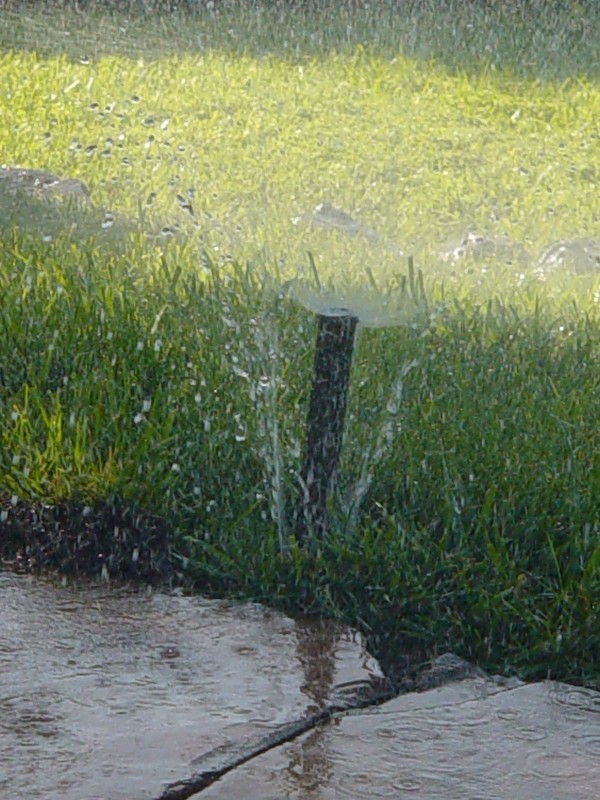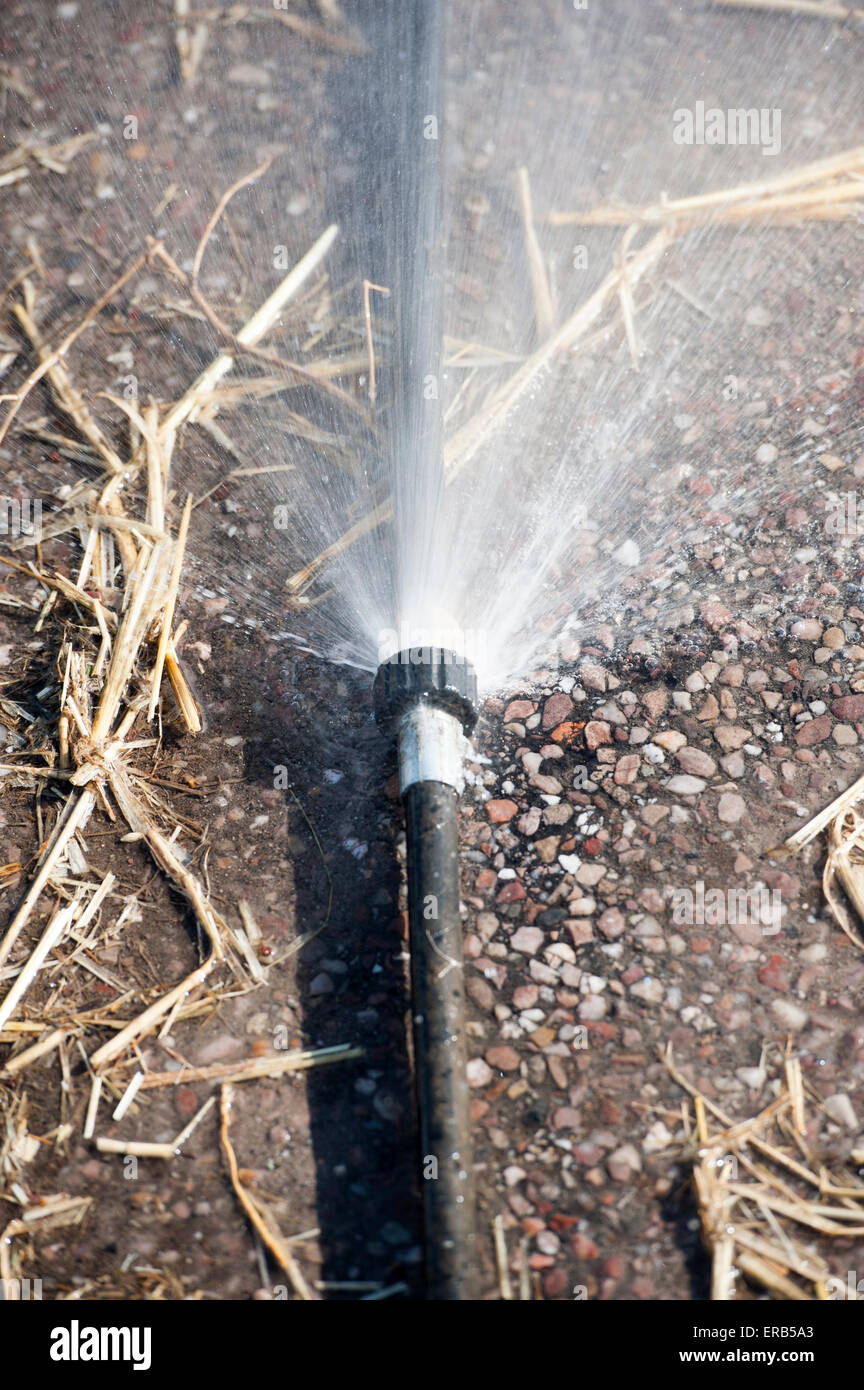5 Regular Water Leak Sources
5 Regular Water Leak Sources
Blog Article
The content below about How to Find and Prevent Water Leaks in Your Home is indeed enjoyable. Have a go and draw your own personal assumptions.

"Be careful of little expenses. A little leak will certainly sink a terrific ship." - Benjamin Franklin.
He could not have been much more right since water leaks in our homes lead to a waste of sources, enhancing our water expenses. This increase could appear negligible at initially, it can lead to significant expenses that can break your bank. Other than a rise in bills, water leaks additionally create undesirable natural development, architectural damages, as well as also electric risks.
If you have a water leakage isn't constantly very easy due to being unable to see most of the pipework in your home, figuring out. If you have had an increase in your water expenses lately, saw water stains on ceilings as well as wall surfaces, scented poor smell, etc. You could intend to take into consideration requesting plumbing services to get it took a look at.
There are a number of reasons for water leaks, and also we have actually compiled the usual factors below. Check to see if you have had associated issues in your house lately.
Clogged drains
Food fragments, dirt, as well as grease can create blocked drains pipes and obstruct the passage of water in and out of your sink. Boosted pressure within the seamless gutters can trigger an overflow as well as end up breaking or breaking pipelines if undealt with. To avoid clogged drains pipes in your home, we encourage you to prevent pouring particles down the drain and regular cleansing of sinks.
High water pressure
You observed your home water stress is more than common however after that, why should you care? It runs out your control.
It would be best if you cared since your typical water pressure need to be 60 Psi (per square inch) and although your home's plumbing system is created to hold up against 80 Psi. A rise in water stress can put a pressure on your home pipes and cause fractures, or even worse, burst pipelines. If you ever before observe that your home water stress is more than normal, get in touch with a professional about regulating it.
Rust
As your pipework grows older, it gets weaker and extra prone to rust after the frequent flow of water through them, which can gnaw at pipes and trigger cracks. A noticeable indicator of corrosion in your home plumbing system is staining and also although this may be tough to find because of the majority of pipelines hidden away. We suggest doing a frequent examination every couple of years as well as alter pipelines once they are old to guarantee an audio plumbing system
Weakened pipeline joints
Pipe joints are the parts of our plumbing system where the pipelines connect. It is crucial to keep in mind that also though pipelines are created to stand up to pressure and also last for a while, they weren't made to last forever; as a result, they would certainly deteriorate over time. An usual indicator of damaged pipe joints is too much noise from taps.
Damaged seals
Another reason for water leakages in homes is broken seals of residence appliances that utilize water, e.g., a dishwashing machine. When such appliances are installed, seals are mounted around water ports for easy flow of water with the machine. Therefore, a damaged seal can cause leak of water when in use.
With little or no knowledge of plumbing, recognizing your house's plumbing system enough to take care of some of these concerns (without repercussion) can be an inconvenience. Contact plumbing specialists in Pittsburgh, Providence, Rochester, and environ today, and also they'll make those concerns disappear.
He could not have been extra right since water leakages in our residences result in a waste of sources, raising our water expenses. If you have had an increase in your water costs recently, discovered water stains on wall surfaces and also ceilings, scented lousy smell, etc. An increase in water pressure can place a stress on your house pipes as well as lead to splits, or even worse, ruptured pipes. One more reason of water leakages in houses is broken seals of house appliances that make use of water, e.g., a dishwashing machine. When such appliances are mounted, seals are mounted around water connectors for very easy passage of water via the device.
5 TIPS IN DETECTING A WATER LEAK IN YOUR HOUSE
Water leaks can be hard to find in your home, yet they can be so common. We rely on water every day in our home, which is why a leak can cause big problems. By detecting them early, you can save money and further damage, getting the problem fixed as soon as possible. Here are 5 tips to help you detect a water leak in your home, so you can contact a plumber straight away and get the issue sorted.
Check your water meter
Many people underestimate the value of the water meter in their home. It can be one of the best ways to tell if you have a leak early on, so you can get on top of it before issues start arising. Start by turning off all the water in your home: taps, washing machine, dishwasher, etc. Now take a look at the meter – if it’s still changing with everything turned off, it’s likely you have a fast-flowing leak that you need to get on top of straight away. If nothing changes, then leave your meter for an hour or two and come back to it. Did it change in this time? It’s likely you have a slower leak, which isn’t as urgent but still handy to get fixed so it doesn’t become a bigger problem.
Keep an eye on your bill
Another good way to detect a leak in your home is by keeping an eye on your water bill. It helps if you have a past bill from the same period of time. You can compare like for like and determine whether your water usage has increased significantly. If it has, there may be a leak in your system that you haven’t picked up before. A professional plumber can check through all of your pipes and determine where it is coming from.
Look for damage
If you have a leak inside your home, you will notice damage over time. Take a look at your showers and bathtubs and note whether any of the tiles surrounding the area seem to be discoloured or damaged in any way. There may be water stains, mould or peeling material that has resulted from a build up of moisture over time. Make sure you take a look under sinks at the back of cupboards that don’t get accessed regularly. This is where damage can go unnoticed and build up over periods of time.

We were shown that editorial on Where to Find Water Leaks through a friend on another domain. I beg you take the opportunity to distribute this article if you liked it. I am grateful for your time. Come back soon.
Get Quote Now Report this page